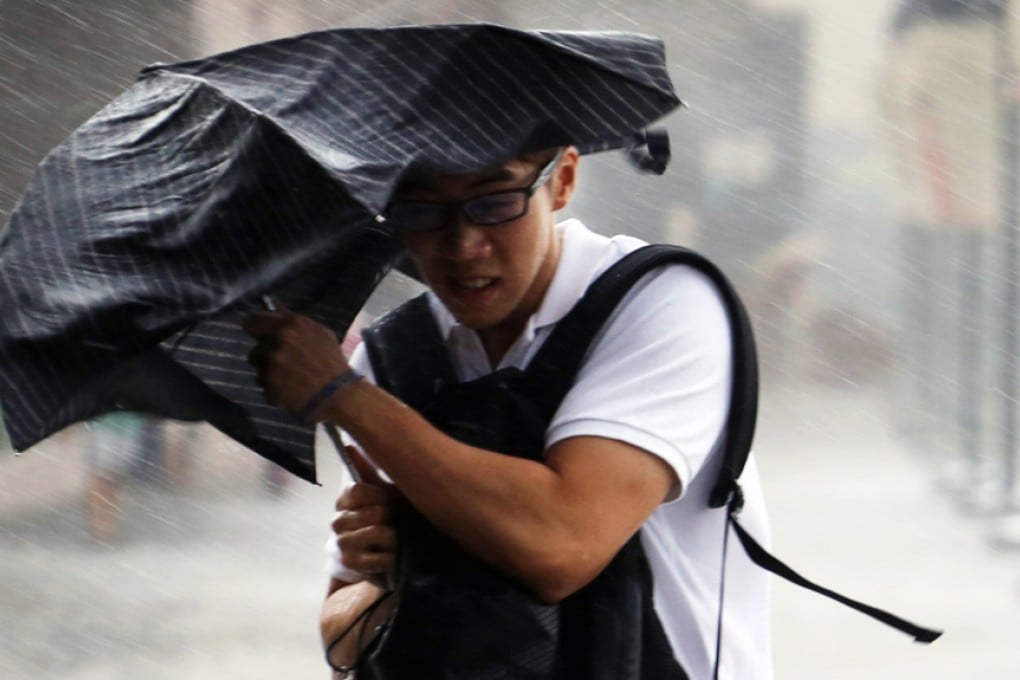Up to seven typhoons and a hot 2015, Hong Kong Observatory predicts
Observatory director says more record temperatures can be expected while number of cold days declines amid climate change

Temperatures in the city are likely to hit new highs in the years ahead, Hong Kong's top weatherman has warned, as the city's Observatory predicted up to seven typhoons would come close in 2015.
The Observatory's director, Shun Chi-ming, said the city should be prepared for more temperature records, with more frequent heatwaves and hot spells and a declining number of cold days.
Shun could not provide an exact forecast but said if he had to "roll the dice" his bet was that this summer would be "a bit warmer". He cited the absence of La Nina - cooler than normal sea temperatures over the equatorial Pacific - and a weak El Nino.
Speaking to reporters yesterday, Shun made another plea to the public to recognise that climate change was "here and now" and that positive action was needed without further delay.

He said according to the Observatory's own calculations, the number of winter days with temperatures below 12 degrees could "drop to just one per year" by mid-century, although he said this prediction was subject to "many variables".
"The fact is some people still don't believe in climate change and think it is all just a theory," said Shun. "It's not only about higher temperatures. We'll also have more extreme weather patterns."